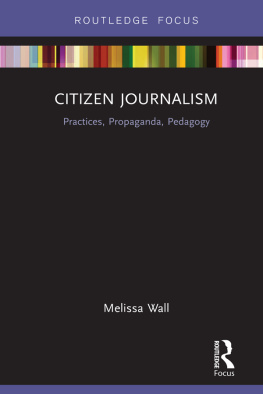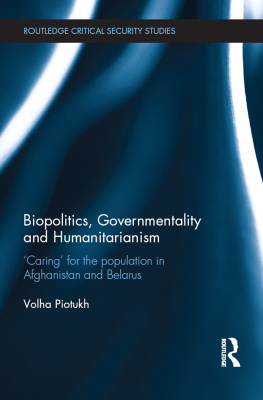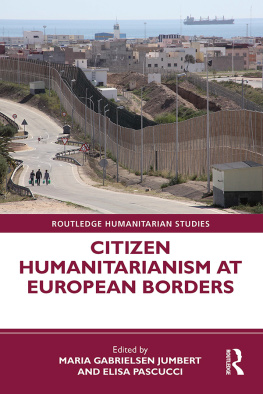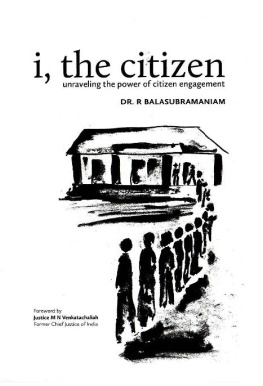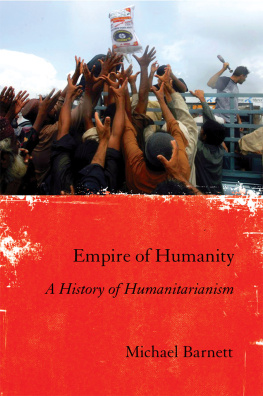Anke Schwittay - Citizen Aid and Everyday Humanitarianism: Development Futures?
Here you can read online Anke Schwittay - Citizen Aid and Everyday Humanitarianism: Development Futures? full text of the book (entire story) in english for free. Download pdf and epub, get meaning, cover and reviews about this ebook. year: 2020, publisher: Routledge, genre: Politics. Description of the work, (preface) as well as reviews are available. Best literature library LitArk.com created for fans of good reading and offers a wide selection of genres:
Romance novel
Science fiction
Adventure
Detective
Science
History
Home and family
Prose
Art
Politics
Computer
Non-fiction
Religion
Business
Children
Humor
Choose a favorite category and find really read worthwhile books. Enjoy immersion in the world of imagination, feel the emotions of the characters or learn something new for yourself, make an fascinating discovery.

- Book:Citizen Aid and Everyday Humanitarianism: Development Futures?
- Author:
- Publisher:Routledge
- Genre:
- Year:2020
- Rating:5 / 5
- Favourites:Add to favourites
- Your mark:
Citizen Aid and Everyday Humanitarianism: Development Futures?: summary, description and annotation
We offer to read an annotation, description, summary or preface (depends on what the author of the book "Citizen Aid and Everyday Humanitarianism: Development Futures?" wrote himself). If you haven't found the necessary information about the book — write in the comments, we will try to find it.
Citizen Aid and Everyday Humanitarianism brings together, under the umbrella terms of citizen aid and grassroots humanitarianism, interdisciplinary research on small-scale, privately-funded forms of aid that operate on the margins of the official development sector.
The last decade has seen a steady rise of such activities in the Global South and North, such as in response to the influx of refugees into Europe. The chapters in this volume cover a variety of locations in Asia, Africa and Europe, presenting empirically grounded cases of citizen aid. They range from educational development projects, to post-disaster emergency relief. Importantly, while some activities are initiated by Northern citizens, others are based on SouthSouth assistance, such as Bangladeshi nationals supporting Rohingya refugees, and peer support in the Philippines in the aftermath of typhoon Hayan. Together, the contributions consider citizen aid vis--vis more institutionalised forms of aid, review methodological approaches and their challenges and query the political dimensions of these initiatives. Key themes are historical perspectives on demotic humanitarianism, questions of legitimacy and professionalisation, founders motivations, the role of personal connections, and the importance of digital media for brokerage and fundraising. Being mindful of the power imbalances inherent in citizen aid and everyday humanitarianism, they suggest that both deserve more systematic attention.
Citizen Aid and Everyday Humanitarianism will be of great interest to scholars and professionals working in international development, humanitarianism, international aid and anthropology. The chapters were originally published as a special issue of Third World Quarterly.
Anke Schwittay: author's other books
Who wrote Citizen Aid and Everyday Humanitarianism: Development Futures?? Find out the surname, the name of the author of the book and a list of all author's works by series.


